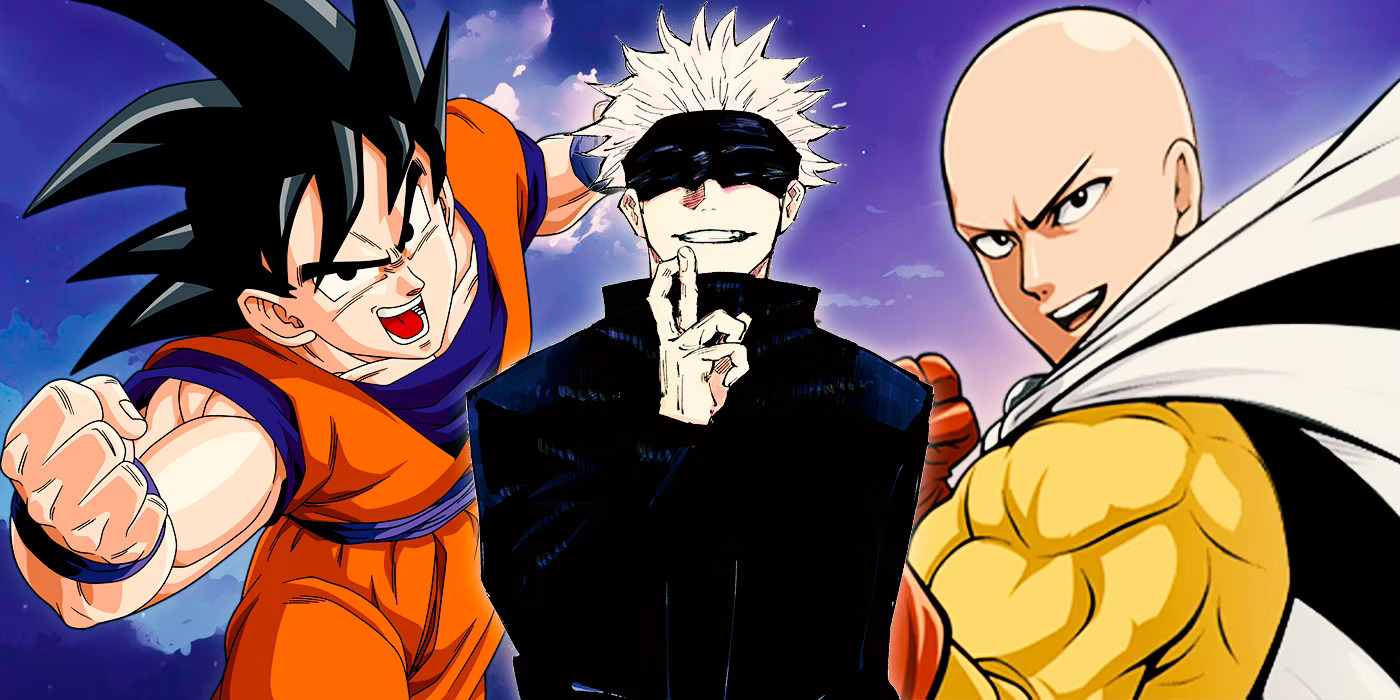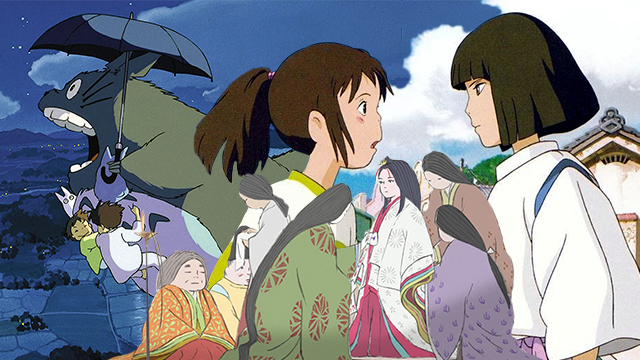The anime industry continues to grow at an unprecedented rate, with projections showing significant expansion in the coming years. However, new censorship regulations in China could hinder this progress. According to a report from Japanese news outlet Mantan Web, the country has become much stricter in regulating anime content. Certain themes, such as middle school romance and stories about overthrowing the government, are now prohibited.
This shift could lead to serious consequences for anime distribution in China. Many globally successful anime feature political conflicts and rebellion as central themes, including Attack on Titan, Fullmetal Alchemist, and One Piece. While Attack on Titan has already faced bans in China, One Piece remains popular in the country, making it unclear how existing series will be affected. Restricting such major titles could potentially stifle anime’s growth in one of its largest international markets.
China’s Anime Censorship Could Have Broad Implications

The most immediate impact of these new restrictions will be felt by Chinese anime fans, who may lose access to some of the industry’s most iconic series. However, the consequences could extend far beyond China’s borders. With anime production costs increasing, studios rely on international revenue to offset expenses. China, as one of the biggest importers of Japanese animation, represents a crucial market for the industry’s financial stability.
This is how DanDaDan was censored in China. pic.twitter.com/CXUGj2kY2Z
— Anime News And Facts (@AniNewsAndFacts) October 23, 2024
As anime continues to expand globally, major regions such as the United States and China play vital roles in its profitability. Analysts predict that anime will become a $4 billion industry in the U.S. alone in the next few years. Losing access to the Chinese market could force Japanese studios to reconsider the types of projects they greenlight, potentially limiting creative freedom and financial incentives for ambitious storytelling.
The new censorship rules could discourage studios from producing anime with complex political narratives or school-life romance, both of which are foundational elements in the medium. If Chinese restrictions significantly impact anime distribution, studios might focus on stories that align more closely with China’s media regulations, which could reshape the industry’s creative direction.
Enforcing an Anime Ban May Be Challenging

Despite the potential economic impact, enforcing these censorship rules on a broad scale may prove difficult. Rebellion is a common theme across various forms of entertainment, from anime to Hollywood blockbusters. Even Western franchises like Star Wars and The Hunger Games revolve around the idea of fighting oppressive governments. Banning such themes entirely could be challenging, as they are deeply embedded in storytelling traditions worldwide.
One possible outcome is selective enforcement, where Chinese authorities determine which anime titles are acceptable on a case-by-case basis. For instance, One Piece might remain untouched due to its immense popularity, while smaller, lesser-known anime could face stricter restrictions. This uncertainty poses a risk to studios producing original anime, as they may struggle to secure international licensing deals if there’s a chance their series won’t pass Chinese censorship.
While the full impact of these new restrictions remains uncertain, it’s clear that limiting anime distribution in China could have long-term consequences for the industry. Studios and producers may need to adapt to these regulations, potentially altering the type of anime that gets made in the future.





